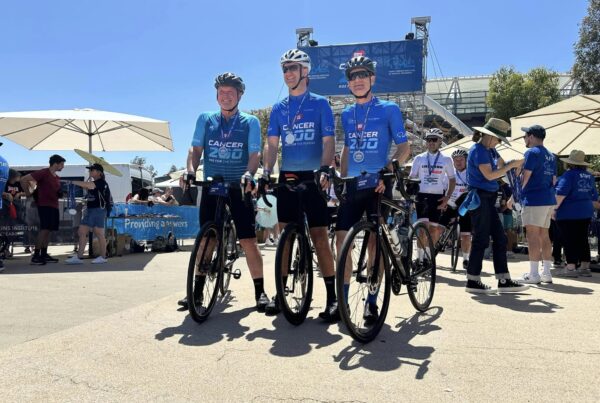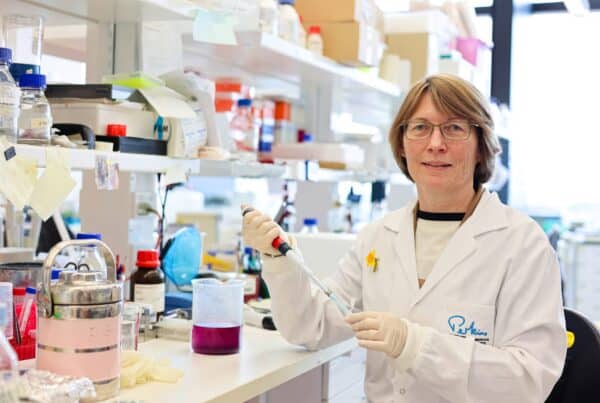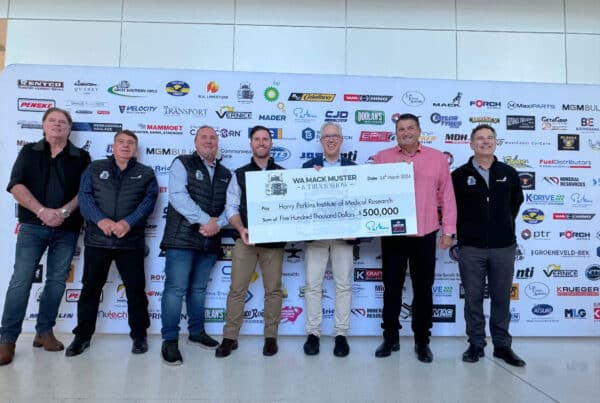$10 million raised for WA Cancer Research
Read More
We are interested in the cancer microenvironment or tumour stroma which consists of various cell types, including immune cells and blood vessels, and supports cancer growth. Our research program aims to understand how stromal cells are remodelled, and the extent to which stromal networks regulate cancer progression. We have shown that the tumour microenvironment is highly dynamic and can be re-programmed or remodelled to enhance immune cell uptake and overall response to immunotherapy. Furthermore, we have developed precision tools to specifically target abnormal stromal features to disrupt and re-program signalling networks between multiple stromal components and to break the vicious cycle of disease progression and relapse.
Utilising a suite of preclinical cancer models which includes genetically modified mouse models of pancreatic cancers, orthotopic cancer models of breast, lung, brain and melanoma, and human cancer specimens our goal is to develop new drugs that can increase the survival rate and quality of life of cancer patients.


